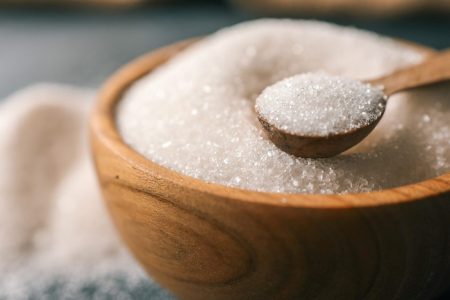A new study has revealed a concerning link between consumption of certain artificial sweeteners and faster declines in long-term brain health.
Published in the journal Neurology, and reported by Science Daily, the research examined the impact of seven low- and no-calorie sweeteners on cognitive decline among adults, finding those who consumed the highest amounts experienced faster declines in thinking and memory skills compared to those who consumed the lowest amounts.
The sweeteners studied – aspartame, saccharin, acesulfame-K, erythritol, xylitol, sorbitol and tagatose – are primarily found in ultra-processed foods like soda, energy drinks, flavoured water and low-calorie deserts. The only one of the seven not associated with more rapid cognitive decline was tagatose, a simple sugar derived from lactose.
“Low- and no-calorie sweeteners are often seen as a healthy alternative to sugar, however our findings suggest certain sweeteners may have negative effects on brain health over time,” study author Dr Claudia Kimie Suemoto, of the University of São Paulo in Brazil, told Science Daily.
[See more: Ultra-processed food is even worse for you than you think]
To begin the study, researchers gave 12,722 adult participants questionnaires about what they ate and drank over the previous year, dividing them into three groups based on the total amount of artificial sweeteners consumed. The lowest group consumed an average of 20 milligrams per day (mg/day) while the highest averaged 191 mg/day – or roughly the aspartame contained in a single can of diet soda.
Participants also underwent cognitive tests to provide a baseline for memory, language and thinking skills, assessed again at the midpoint and end of the study. These tests looked at areas like verbal fluency, working memory, word recall and processing speed.
After adjusting for other factors, they found people in the high consumption group declined 62-percent faster than those who consumed the lowest amount, equivalent to about 1.6 years of ageing. The middle group declined 35-percent faster, equivalent to about 1.3 years. The link was stronger among participants with diabetes than those without, while people over 60 showed no link between consumption and cognitive decline.
“While we found links to cognitive decline for middle-aged people both with and without diabetes, people with diabetes are more likely to use artificial sweeteners as sugar substitutes,” Suemoto explained. “More research is needed to confirm our findings and to investigate if other refined sugar alternatives, such as applesauce, honey, maple syrup or coconut sugar, may be effective alternatives.”






